I chose to believe the story about the giraffe for as long as I did because it was the kind of story children want to believe, and, if we’re being honest, the kind of story grownups tell in the first place because some part of them wants to believe it, too.
It went something like this:
We were at the Denver Zoo. I was only about 9 months old, crawling but not yet walking. My parents, new to the whole thing, were still figuring out what to do with me. We had paused near the lion pen.
In the memory I’ve crafted, still vibrant after all these years, I can see the layout of the zoo perfectly. I know what the Denver Zoo looks like now, of course, and zoos in general, but the memories we invent are often stronger than what’s actually been laid out in front of us—and in my mental mappings, the pieces fit together, no matter how unlikely. Neurologic inventions care not for such details.
The memories we invent are often stronger than what’s actually been laid out in front of us.
My little child brain injected enough markers of authenticity into the memory to make it feel slightly more believable. As I picture it now, there are still pops of color from my mother’s red babushka, a real-life accessory that accents factual remembered moments from my childhood—mom in the babushka planting marigolds along the berm she built outside the infant center, which she named the Chrysalis; mom in the babushka at the stove stirring beef stroganoff or turkey tetrazzini or mashed potatoes; mom in the babushka perched over a jigsaw puzzle that seemed to span the entire width of the dining room table; mom in the babushka brushing the dogs, watching Seinfeld, dyeing Easter eggs. The babushka was ubiquitous.
And so it was while my parents were looking away, the back flap of the babushka turned to face me, that I managed to wriggle my way loose from the confines of my stroller and slip unseen into the lion pen … which, in the scene I created, was level with the zoo’s pedestrian pathway.
My parents didn’t realize I was missing until they turned their heads, in horror, to see their child crawling across the rocky terrain, oblivious to the lioness a dozen feet away, having just assumed a position signaling her readiness to pounce.
At that very moment, as my parents frantically called for help and other zoo-goers and staff began to swarm, a giraffe—which lived in a pen directly adjacent to the lions, mind you—craned its mighty neck over the divide and lowered its head down to me. With my tiny baby paws, I grabbed ahold of the giraffe’s horns and it hoisted me to safety, swinging me into the arms of my parents, mouths agape.
I imagined what my parents must have felt as they watched their 9-month-old daughter ride the head of a giraffe, escaping certain tragedy by some unspoken, preternatural bond that existed between girl and beast.
When my father would tell me the story, I imagined what my parents must have felt as they watched their 9-month-old daughter ride the head of a giraffe, escaping certain tragedy by some unspoken, preternatural bond that existed between girl and beast.
I thought it might be a bit like the way I felt the time I accidentally dropped my Raggedy Ann doll in the stream that ran through the park behind our house and a black Labrador came to its rescue, leaping into the stream, retrieving my doll, and carrying it back to me, as though we had been playing fetch. (True, for the record.)
I relished in sharing the story of the giraffe with new friends. It made me feel as though I had been touched by some form of magic. The story itself was a miracle, and by extension, so was I. Even more than telling it, I loved listening to the story, and so I asked my dad to retell it often.
I must have been about 7 the day I learned the truth of it, old enough that the truth shouldn’t have been a revelation. My dad and I were taking the dogs for our regular Sunday walk—through the park behind our house, over to the Dairy Queen down the road, looping back through the other side of the neighborhood—when I mentioned the story casually in conversation, somehow relating it to whatever we’d been talking about.
“… Like when the giraffe rescued me at the zoo?”
My dad stopped and turned to face me. “You know … that story isn’t … real. I just made it up. I’m so sorry, I thought you knew.” He was clearly mortified.
The story is retold not because anyone believes it, but because it has become a sort of oral ancestry, shared like a collective heirloom.
I was stunned.
“But I tell that story to all my friends. I love that story. I thought it was true!”
Only then did I truly consider it. The logistics of the whole thing. The … impossibilities. It was so clearly an invention. My poor dad. Of course he would have assumed that I knew, that I always asked him to retell the story simply because it was so fantastical, no different than the Brother’s Grimm stories he read me before bed.
He always told tall tales—just like his dad, and each of his brothers. Tall tales ran in the family, a loving, silly, male tradition that made us all trade winks and laughs. I usually caught them, even when he playfully denied that they were make believe. (“No, the moon really is made out of cheese; blue cheese, actually. That’s why they call it a blue moon.”) Why on earth did I believe this one?
Because I wanted to. Because it’s a great story that made me feel like a superhero.
We made a pact, right there on the sidewalk. “If I ever ask you if something is true, you have to tell me,” I insisted, the way only little girls can insist.
“Yes, okay. I promise that if you ask me, I will tell you the truth.”
To this day, any time I bring up the story my dad covers his face with his palm, shaking his head.
In the movie Fried Green Tomatoes, Chris O’Donnell’s character, the charming older brother beloved by all, appropriately named Buddy, is also a teller of tall tales.
Not long into the film, Buddy and Ruth, one of the story’s protagonists and the object of Buddy’s affection, flirt innocuously as they look out over a lake.
It isn’t always whether our stories are true that matters, but rather, what it is they mean to us, how we claim them as our own.
“Think that’s a big lake?” Buddy says to Ruth. “You should’ve seen the one next to our house. We used to swim in it, and fish. I sure do miss it … sure do.”
“What happened to it?” Ruth asks. “Did it dry up?”
“No, worse than that. Last fall, a flock of ducks, forty or fifty of ’em, landed right smack in the middle of it. This fluke thing happened—the temperature dropped so fast that the whole lake froze … in three seconds, just like that!”
“Those poor little ducks. Did it kill them?”
“No, they flew off and took the lake with ’em. To this very day, that lake is somewhere over in Georgia.”
Ruth knew Buddy was yanking her chain, so to speak. That wasn’t the point. The story of the ducks and the lake is repeated throughout the movie, passed on to new generations. It evolves into a sort of familial lore, retold in times of heartache to bring levity and comfort. The story is retold not because anyone believes it, but because it has become a sort of oral ancestry, shared like a collective heirloom.
It isn’t always whether our stories are true that matters, but rather, what it is they mean to us, how we claim them as our own.
The story I tell is no longer about the baby rescued by the giraffe. It’s about the fantastical tale told by a father to an eager daughter, who, because it made her feel powerful, chose to believe it was true.
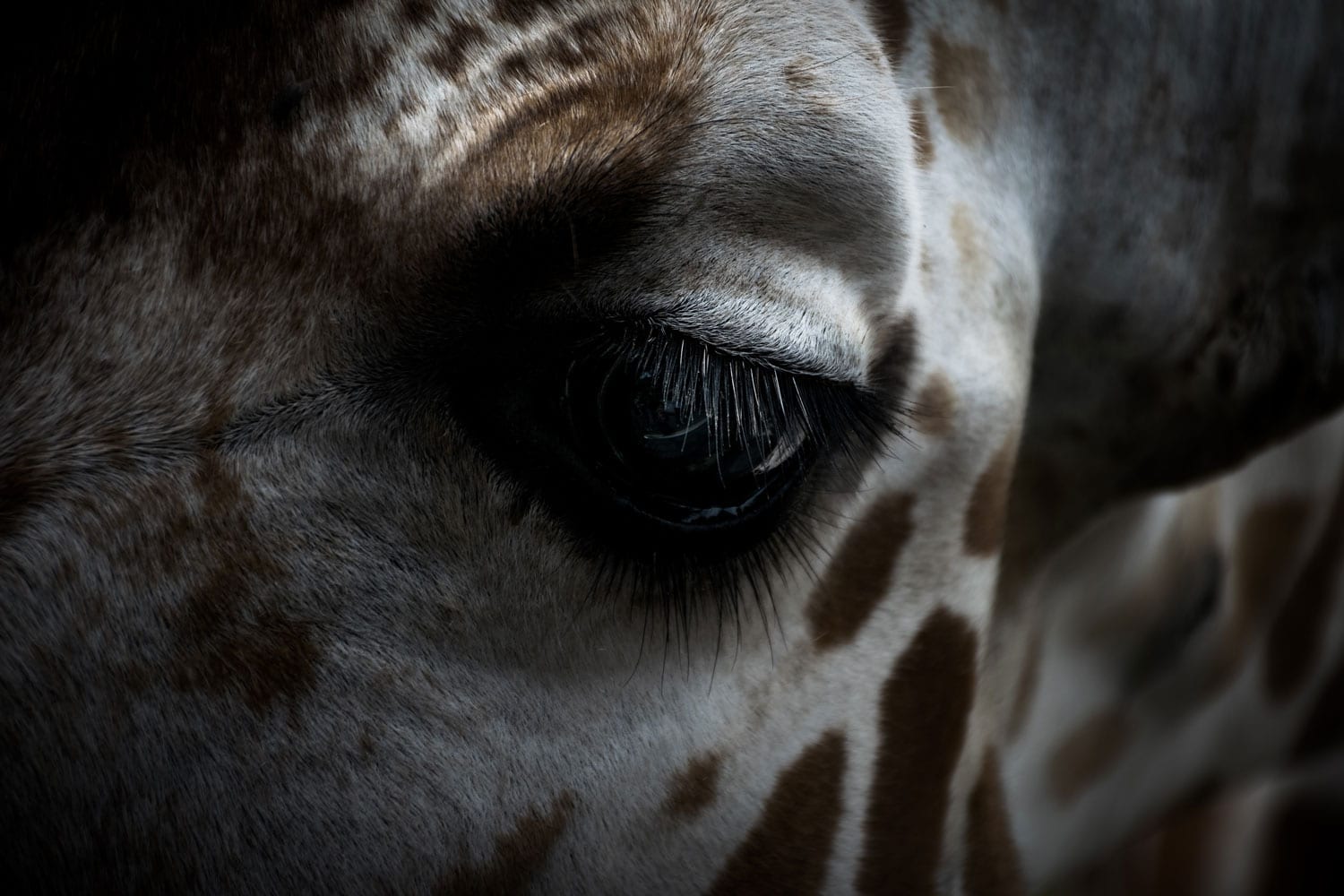
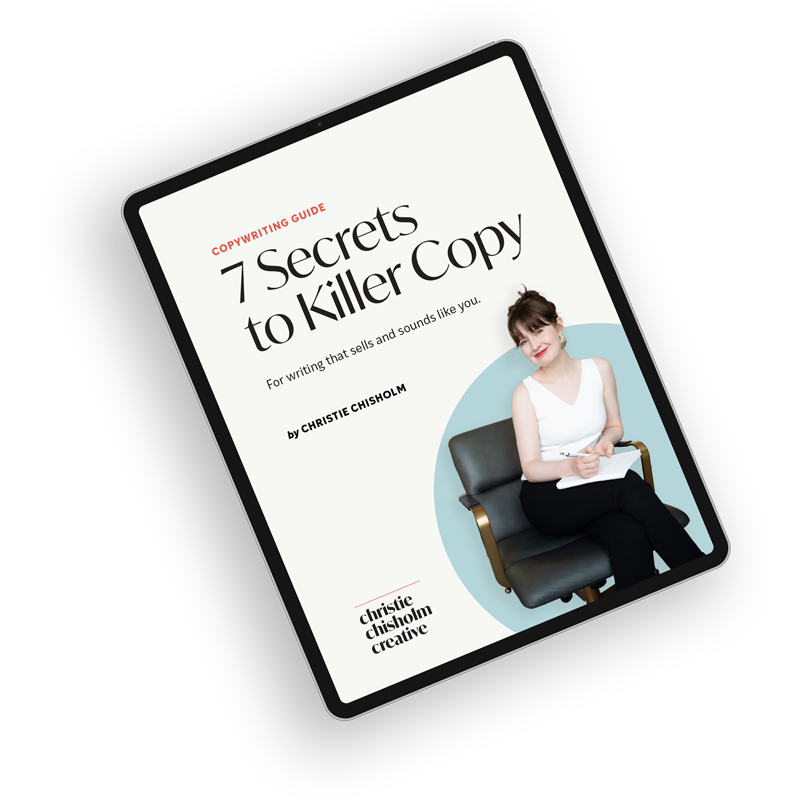
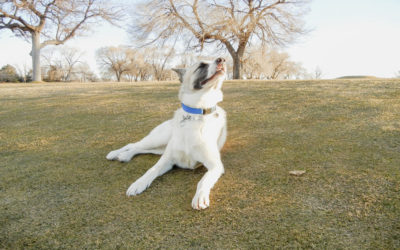

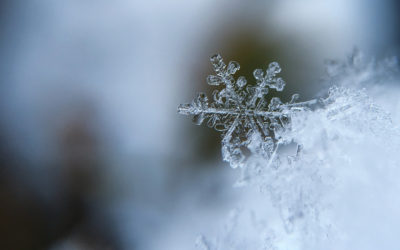
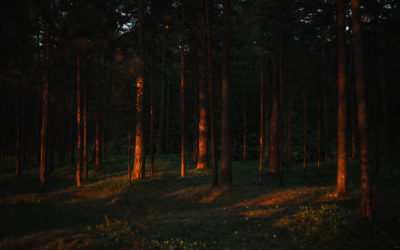
0 Comments